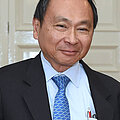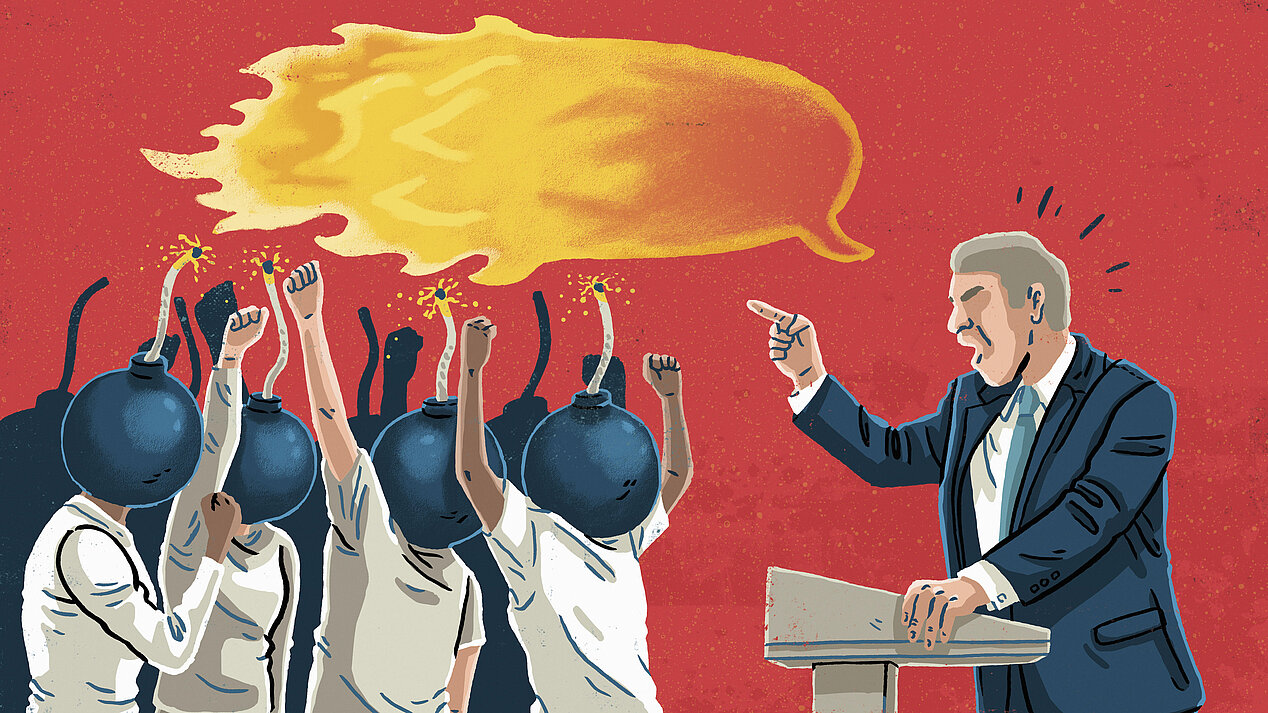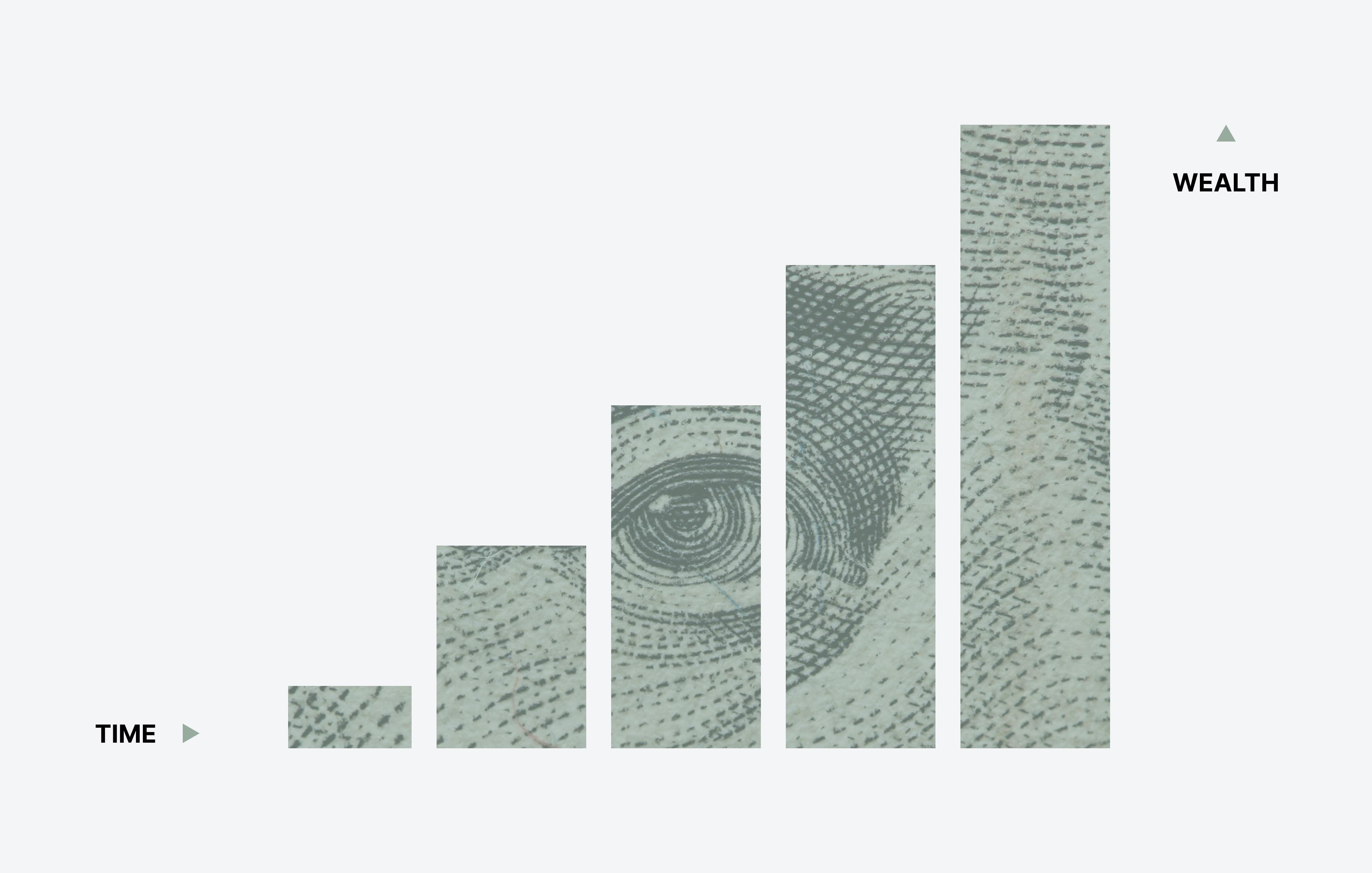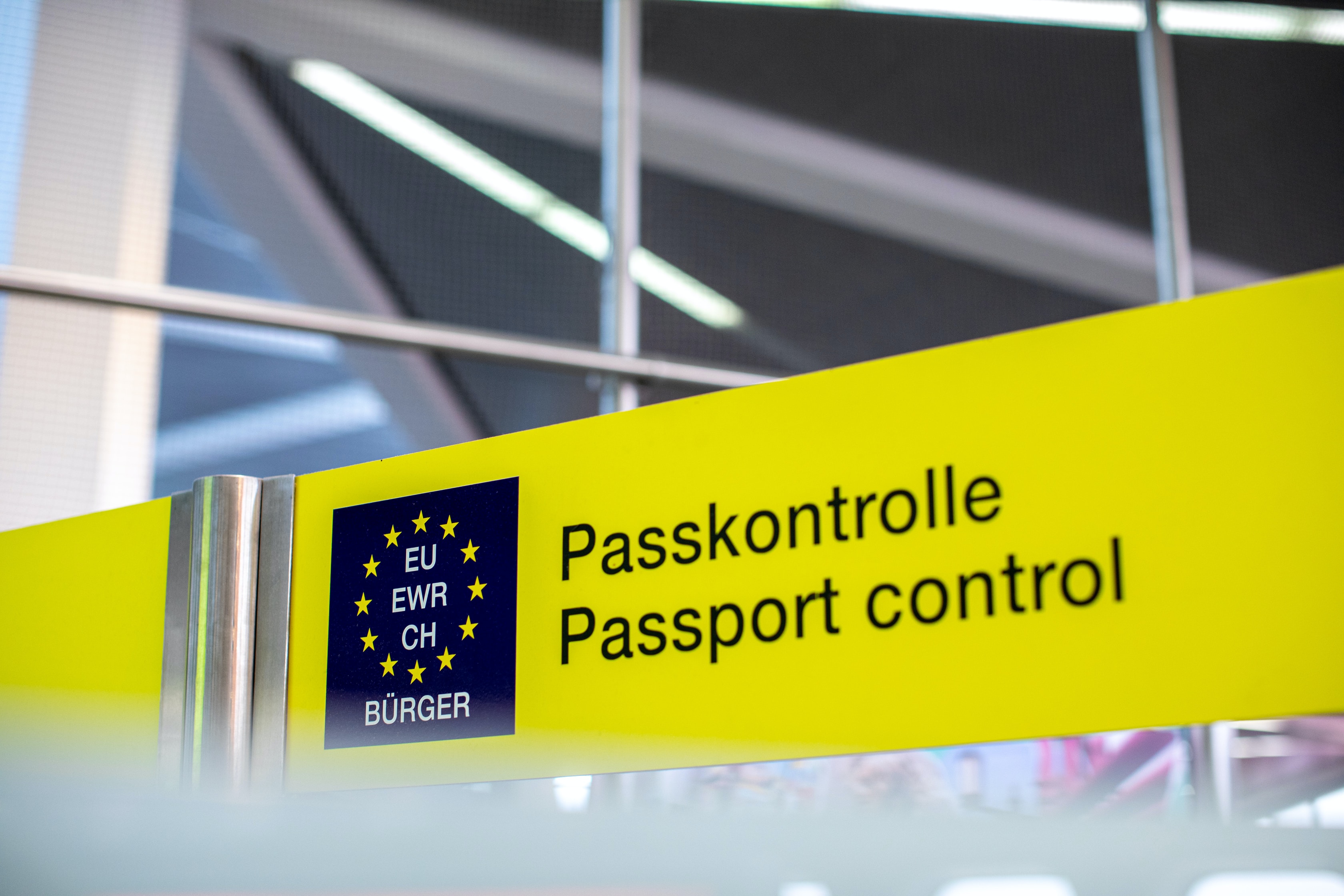European Coal and Steel Community as an Antidote to National Identity
The future of liberal democracy is at stake. The contemporary European struggle over national identity begins with the founders of the European Union, Robert Schuman and Jean Monnet, who understood that exclusive ethnic definitions of national identity had been at the root of the two world wars that Europe experienced.
As an antidote, they created the European Coal and Steel Community in 1951, composed of France, Belgium, West Germany, Italy, the Netherlands, and Luxembourg, which was designed to prevent German rearmament while facilitating trade and economic cooperation in a formerly integrated region that had been ripped apart by war.
The idea that Germany and France, the two main antagonists of the world wars, would ever go to war with each other is vanishingly remote today. A stratum of young, usually well educated Europeans are now born in one member state, get their education in another, marry someone from yet another country, and work in multiple locations within the EU and farther afield. They retain an awareness of their birth nationality, but their lives are tied to the EU as a whole.
The symbols of nationhood such as a flag and an anthem came late, and the EU’s diverse membership had no common civic education.
But whether ‘Europe’ has an identity stronger than the old national identities it was supposed to supersede is not clear. In the EU’s early decades, it was not politically acceptable to celebrate national identity too loudly at a member-state level. This was particularly true for countries such as Germany and Spain that had fascist pasts: citizens did not wave national flags, sing national anthems, or cheer too loudly for their country’s sports teams.
For them Europe was a refuge, but not necessarily a preferred destination. But the leaders of the EU were not in a position to invest much effort in building an alternative new identity. They did not create a single European citizenship; rules for citizenship remained the province of individual member states. The symbols of nationhood such as a flag and an anthem came late, and the EU’s diverse membership had no common civic education.
But the most important failure was in the democratic accountability of the EU itself. The most powerful institution within the EU was the Europe an Commission, an unelected technocratic body whose main purpose was to promote a single market within Europe. It was answerable to the people only indirectly, via the Council of Ministers, which represented the individual member states. A directly elected European parliament had rather limited powers, which has consequently failed to generate significant voter turnout or enthusiasm.
Citizens of Europe knew that the important votes they cast were still those at the member-state level, and their chief energies and emotional attachments were directed there. As a result, they felt little sense of ownership or control over the institutions governing Europe as a whole. So while the elites talked of ‘ever-closer union’ within the EU, the reality was that the ghosts of the older national identities hung around like unwanted guests at a dinner party. This was particularly true among older, less educated voters who could not or would not take advantage of the mobility offered by the new Europe. These ghosts started to emerge at critical junctures, where they have created an existential threat to the EU as a whole.
This was vividly illustrated by the crisis over the euro, in which the common currency allowed Greece to borrow profligately during the boom years of the 2000s. The Germans, who were perfectly willing to support their less well-off fellow citizens with an expansive welfare state, were not inclined to be so generous with the Greeks when the latter threatened to default.
Citizens of Europe knew that the important votes they cast were still those at the member-state level, and their chief energies and emotional attachments were directed there.
Greece indeed had very different approaches to savings, debt and practices such as public sector patronage than did Germany. Berlin, as Greece’s chief creditor, was able to impose crushing austerity on Athens with help from international institutions such as the European Central Bank and the IMF, a situation that persists to the present.
The euro crisis exposed a deep rift within the eurozone’s northern and southern members, who today are far more aware of their national differences than they were prior to the outbreak of the crisis.



![[Translate to english:] Linksparteien sind nirgendwo mehr so dominierend wie im späten 20. Jahrhundert, Foto: Moises Gonzales via unsplash [Translate to english:] Menschen schwenken Flaggen mit kommunistischem Symbol.](/fileadmin/Content/images/mediathek/blog/Forum_Blog/ifa-forum_francis-fukuyama_communist-flags_foto-moises-gonzalez-unsplash.jpg)





